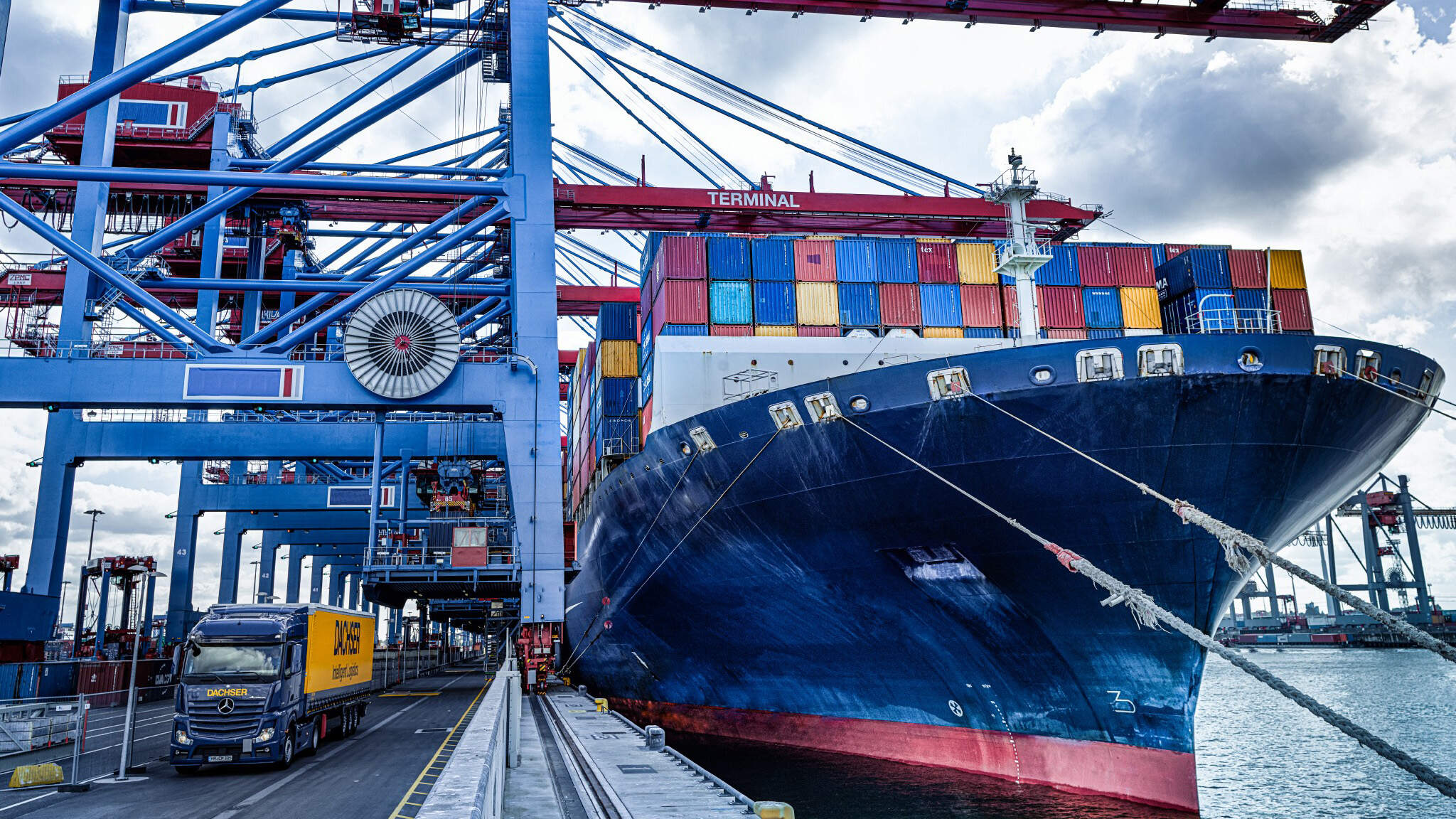
Sea shipping is a vital component of international trade, connecting countries and facilitating the movement of goods across vast distances. In this blog post, we will delve into the intricacies of sea shipping from China to Malaysia, exploring the factors that influence transit times and providing valuable insights for businesses and individuals involved in cross-border trade.
- Understanding the Sea Route:
The sea route from China to Malaysia encompasses the South China Sea, a major body of water that connects the two countries. This route is strategically important due to its proximity and the volume of trade between the two nations. However, the transit time can vary depending on several factors. - Factors Affecting Transit Time:
a) Distance: The distance between the ports of origin in China and the destination ports in Malaysia plays a significant role in determining the transit time. Generally, the longer the distance, the longer the shipping time.
b) Shipping Route: The choice of shipping route can impact transit time. Direct routes are often faster, while routes with multiple stops may result in longer shipping times.
c) Weather Conditions: Adverse weather conditions, such as typhoons or monsoons, can cause delays in sea shipping. It is crucial to consider seasonal weather patterns when planning shipments. - Types of Sea Shipping Services:
a) Full Container Load (FCL): FCL involves shipping goods in a dedicated container. This option is suitable for businesses with large volumes of cargo, providing greater control and security.
b) Less than Container Load (LCL): LCL allows businesses to share container space with other shippers, reducing costs for smaller shipments. However, transit times may be longer due to additional handling and consolidation processes. - Documentation and Customs Clearance:
Efficient documentation and customs clearance processes are essential for smooth sea shipping. Properly prepared shipping documents, including bills of lading, commercial invoices, and packing lists, are crucial for customs clearance and compliance with import/export regulations. - Choosing a Reliable Shipping Provider:
Selecting a reputable shipping provider is vital to ensure timely and secure delivery. Consider factors such as experience, track record, network coverage, and customer reviews when choosing a shipping partner. - Additional Considerations:
a) Incoterms: Understanding the Incoterms (International Commercial Terms) is crucial for determining the responsibilities and costs associated with sea shipping.
b) Packaging and Labeling: Proper packaging and labeling of goods are essential to protect them during transit and comply with shipping regulations.
Conclusion:
Sea shipping from China to Malaysia is a complex process influenced by various factors. By understanding the sea route, considering transit time factors, choosing the right shipping service, and ensuring proper documentation and customs clearance, businesses and individuals can optimize their shipping operations and enhance their cross-border trade.

